Cosmos Magazine is an award-winning literary science magazine, published in Australia but with a global reach. Cosmos Magazine presents the exciting world of science in a way that everyone can enjoy, with beautiful pictures and clear explanations of the latest developments. Discover the universe around you and what makes it tick.
Next year?
Cosmos Magazine
From the Editors
Mission success! DART changes the direction of asteroid Dimorphos • Take that, Armageddon: humans can swat asteroids out of orbit after all.
Entangled photons and quantum • Physicists opened doors to another world.
DENISOVAN DNA • Scientist rewrote the book on Neanderthal genome.
How click chemistry changed the world • Chemists win prize for sharpening and slimming some of our best tools.
Evidence discovered that human evolution was driven by major environmental pressures • Study finds selection pressures likely caused some favourable genes to increase within human groups.
METAL TURNS VEXATIOUS PLASTIC INTO A SUSTAINABLE FEEDSTOCK • Chemists are taking on the irritating chemistry of polyethylene.
Dogs might smell when we're stressed • Dogs differentiate breath and sweat samples from people before and after a stress-inducing task.
If ‘DishBrain’ can learn to play pong, what does it mean for science? • Brains-on-a-chip have existed for years, but this is the first time cells have been stimulated and measured for a response.
FOCUS: AVIAN RESEARCH
Big three greenhouse gases hit record highs • Largest year-on-year jump in methane concentrations since measurements began nearly 40 years ago.
CAPTURING THE MAJESTY OF NATURE IN 3D • A publicly accessible encyclopedia of digital animal and plant models.
Supercomputer model predicts supercontinent to form in Pacific • Earth's continents collide every 600 million years.
EXTINCT ANIMAL WAS JUST HIDING UNDER A ROCK • Scientists find long-lost insect after an 80-year absence.
A neat way to store and purify hydrogen • It's not emissions-free, but it's a smart way to keep it.
ALL ABUZZ: HOW BEES AND OTHER SWARMING INSECTS MAKE POWER • Insect swarms can produce as much electric charge in the atmosphere as a thunderstorm cloud.
SMALL AND MIGHTY
Scientists create a flatworm-inspired medical adhesive • Eeew.
REALLY GOOD VIOLINS MAKE HIDDEN, SUBTLE SOUNDS • Researchers home in on the acoustics of fiddles.
Plastic from plant waste • A world where plastic actually replenishes the earth it came from? Now THAT would be a big thing …
Fluid thinking saving the planet • The revolutionary vortex fluidic device (VFD) has the world of chemistry in a spin,
Tower of power • Concentrated solar power (CSP) has had a difficult past, but it remains in the conversation as a renewable energy alternative. RACHEL WILLIAMSON examines CSP's history and possible future.
A LIGHT AT SEA • An astonishing variety of ocean creatures can generate light, and there's as much diversity in how they do it, as why, writes LISA-ANN GERSHWIN.
MARS ROCKS: COMING SOON TO A LABORATORY NEAR YOU • Material retrieved from the Moon and asteroids is all very fascinating, writes RICHARD A LOVETT, but it's samples from Mars, projected to reach Earth in the early 2030s, that has scientists most excited.
VIKING LIFE-TEST CONTROVERSY
HEROIC HELICOPTER
PREPARING TO SEARCH FOR LIFE ON MARS… ON EARTH
The medical WHAT-IF that could change clinical trials forever • The 2009 emergence of H1N1 led a few medical professionals to realise how unprepared they were. An informal group including an ICU doctor, care clinicians and a statistician met irregularly for more than a decade to...
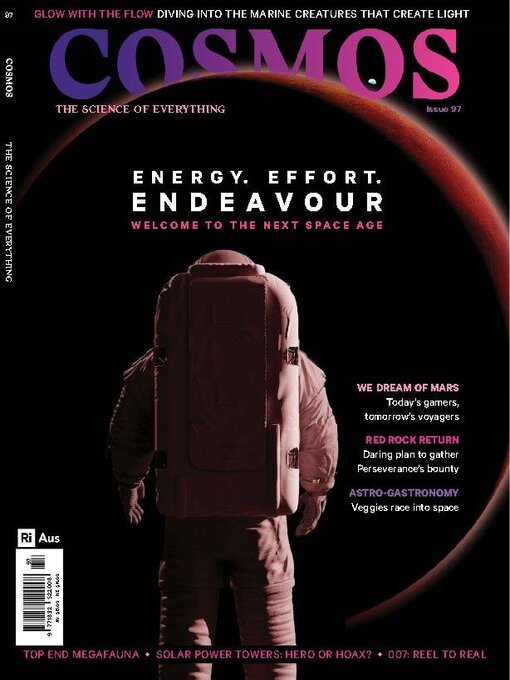
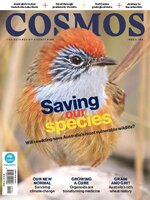 Issue 104
Issue 104
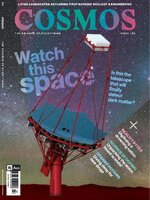 Issue 103
Issue 103
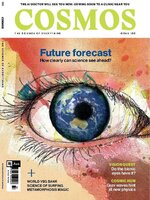 Issue 102
Issue 102
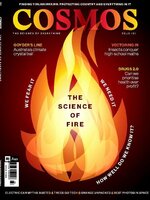 Issue 101
Issue 101
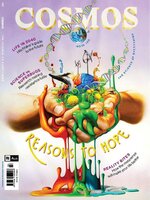 Issue 100
Issue 100
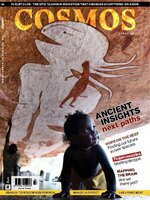 Issue 99
Issue 99
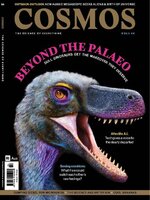 Issue 98
Issue 98
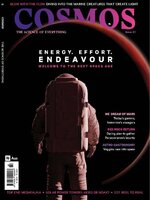 Issue 97
Issue 97
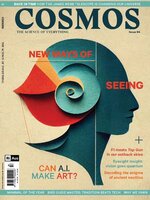 Issue 96
Issue 96
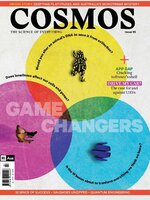 Issue 95
Issue 95
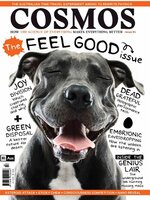 Issue 94
Issue 94
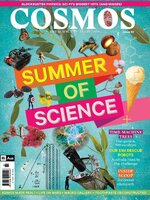 Issue 93
Issue 93
 Issue 92
Issue 92
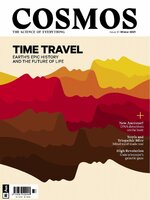 Issue 91
Issue 91
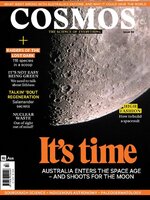 Issue 90
Issue 90
